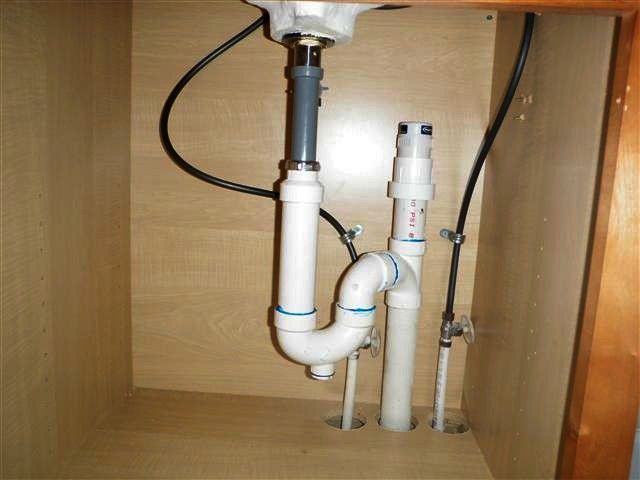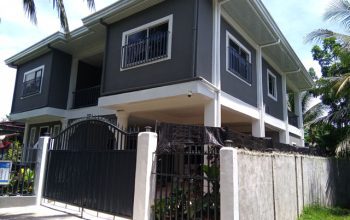Hard water is a common issue that many homeowners face, and it can have a significant impact on your plumbing system. In this article, we will explore what hard water is, how it affects your plumbing and the best ways to address this problem to ensure the longevity and efficiency of your plumbing system.
What is Hard Water?
Hard water is water that contains a high concentration of minerals, primarily calcium and magnesium. These minerals are picked up as water passes through rocks and soil, dissolving and becoming part of the water supply. While hard water is not harmful to your health, it can wreak havoc on your plumbing and household appliances.
The Impact on Your Plumbing
1. Scale Buildup
The minerals in hard water can create scale buildup in your plumbing pipes over time. This scale accumulation can restrict water flow, leading to reduced water pressure and potentially causing blockages. If left unaddressed, it can result in costly plumbing repairs.
2. Appliance Damage
Hard water can also damage your household appliances. Appliances like water heaters, dishwashers, and washing machines can suffer from scale buildup, which reduces their efficiency and lifespan. This means you’ll need to replace these appliances more frequently, incurring unnecessary expenses.
3. Soap Scum and Residue
Hard water doesn’t lather well with soap, which means you may use more soap and detergent to get things clean. This can leave behind soap scum and residue on your plumbing fixtures and glass surfaces, making cleaning more challenging and less effective.
4. Corrosion
While the minerals in hard water cause scale buildup, they can also contribute to corrosion in your plumbing system. This corrosion can lead to leaks, which can result in water damage to your home and an increase in your water bill.
How to Address the Issue
Dealing with hard water is essential to protect your plumbing system and appliances. Here are some effective ways to address the impact of hard water:
1. Water Softeners
Installing a water softener is one of the most common and effective ways to combat hard water. A water softener uses ion exchange to remove the calcium and magnesium ions from the water, preventing scale buildup and appliance damage.
2. Descalers
Descalers are devices that use electromagnetic waves to alter the structure of the minerals in hard water, preventing them from forming scale. While not as effective as water softeners, they are a more environmentally friendly option.
3. Vinegar
Vinegar can be used as a natural cleaner to remove soap scum and mineral deposits from plumbing fixtures. Simply mix vinegar with water and use it to clean faucets, showerheads, and other affected areas.

4. Regular Maintenance
Regular maintenance of your plumbing system is essential to catch any issues caused by hard water early on. Schedule annual inspections with a professional plumber to check for scale buildup, corrosion, and any other potential problems.
5. Water Heater Maintenance
To extend the life of your water heater, drain it periodically to remove sediment buildup. This will help maintain its efficiency and prevent damage caused by hard water.
Conclusion
Hard water may not pose a health risk, but it can significantly impact your plumbing system and household appliances. Scale buildup, corrosion, and increased maintenance costs are all potential consequences of untreated hard water. By addressing this issue with water softeners, descalers, and regular maintenance, you can ensure that your plumbing system remains efficient and problem-free.
Don’t let hard water damage your plumbing—take action today to protect your investment and enjoy a trouble-free plumbing system for years to come. If you enjoyed this article about plumbing then visit abacusplumbing.com/plumbing/gas-line-repair/ for more interesting articles.




